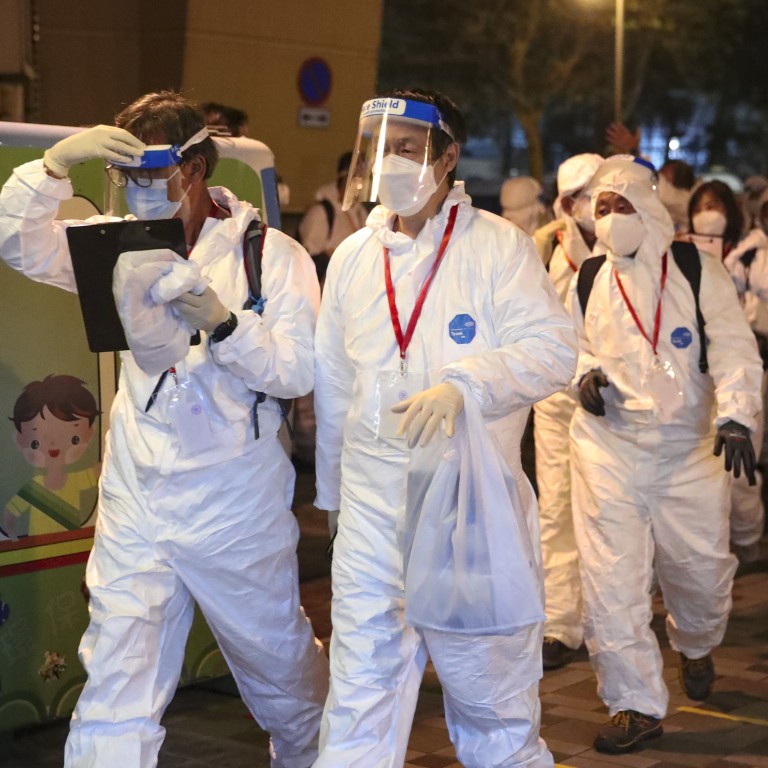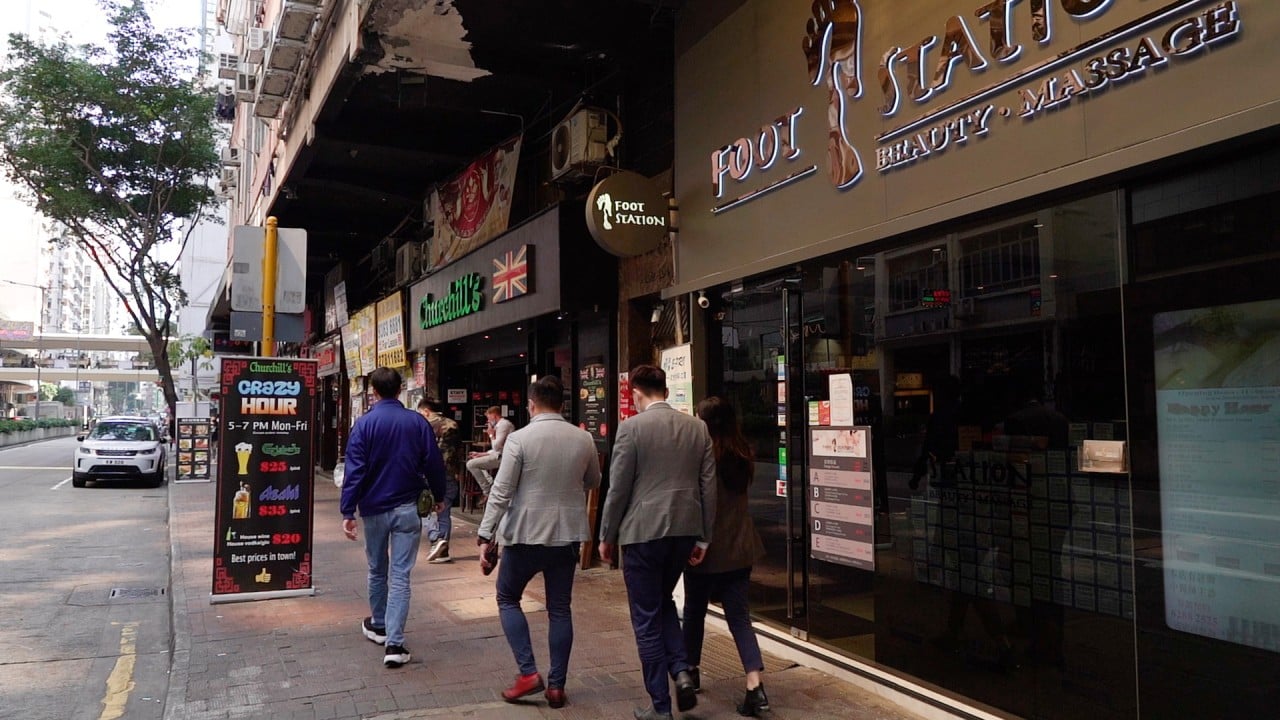
Omicron’s emergence is the catalyst for Hong Kong to rethink its zero-Covid strategy
- Sealing off the city helped save lives early on and bought people time to get vaccinated, but it also made us complacent
- The arrival of the highly contagious Omicron variant means compulsory testing and quarantines are no longer practical, and it may well be time to break the seal
And positives are not hard to find. The city has seen only 12,732 infections and 213 deaths since the beginning of the pandemic. Singapore, a city state with less than 75 per cent of Hong Kong’s population, has seen over 283,000 infections and 835 deaths.
And with few exceptions, non-resident visitors have been barred from the city. Recent attempts to align ourselves with the mainland’s similar policy seem to have stopped us from exploring alternate approaches to handling the pandemic.
As the months and now years have passed, Hong Kong’s positioning as Asia’s world city is looking increasingly farcical. Perhaps “Hong Kong: Asia’s hermit city” might be a more authentic brand positioning.
The authorities need look no further than their own increasingly frantic actions to see that their ability to keep out Covid-19 is being stretched to breaking point. It’s time to reconsider the city’s approach.
Something like 180 separate sites were named. They included obvious ones like the Moon Palace restaurant in Festival Walk and the Spectrum of the Seas cruise ship. Restaurants across the city figure prominently. But the listing also included a wide assortment of bus and minibus routes, bus terminals, retailers, grocery stores and ferry piers.
Few if any of these latter locations require or enforce the use of the government’s contract tracing “Leave Home Safe” app. With no way to be contacted by the authorities, it is doubtful that the people subject to these latest compulsory testing orders are even aware of the orders, let alone making the effort to get tested.
Omicron cluster: get tested or face legal action, 6 Hong Kong diners warned
The prospect of coming forward and then possibly being placed in government quarantine may well be deterring some people.
Tracing and enforcing testing of thousands of people who may have been in hundreds of locations across the city is a tall order. And ensuring testing compliance by people who don’t even know they are subject to a testing order is wishful thinking.
If keeping Omicron out of the city really requires this level of contact tracing and testing, we are now truly beyond what is practical and possible.
Zero-Covid seems to have made sense early in the pandemic. It no doubt saved lives and bought us time that should have been used to get the population vaccinated.
But living in a zero-Covid bubble saw us become complacent. We deluded ourselves that we could maintain the bubble indefinitely and took our foot off the gas on the vaccination front. The result is we now have low vaccination rates among the elderly, the group most vulnerable to Covid-19.
It is time to pivot to a practical strategy that allows us to break the seal on Hong Kong and rejoin the world.
Robin Hibberd is a financial services executive and long-time resident of Hong Kong. He is a former president of the Canadian Chamber of Commerce in Hong Kong


